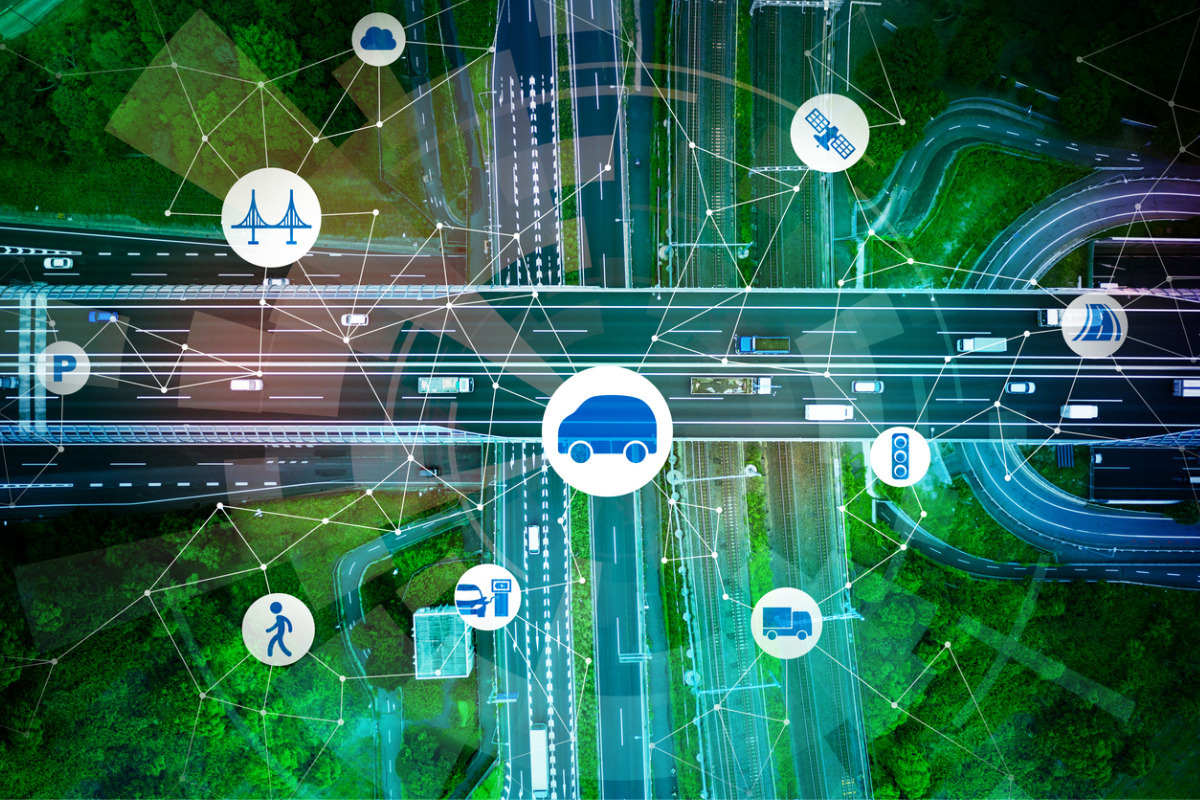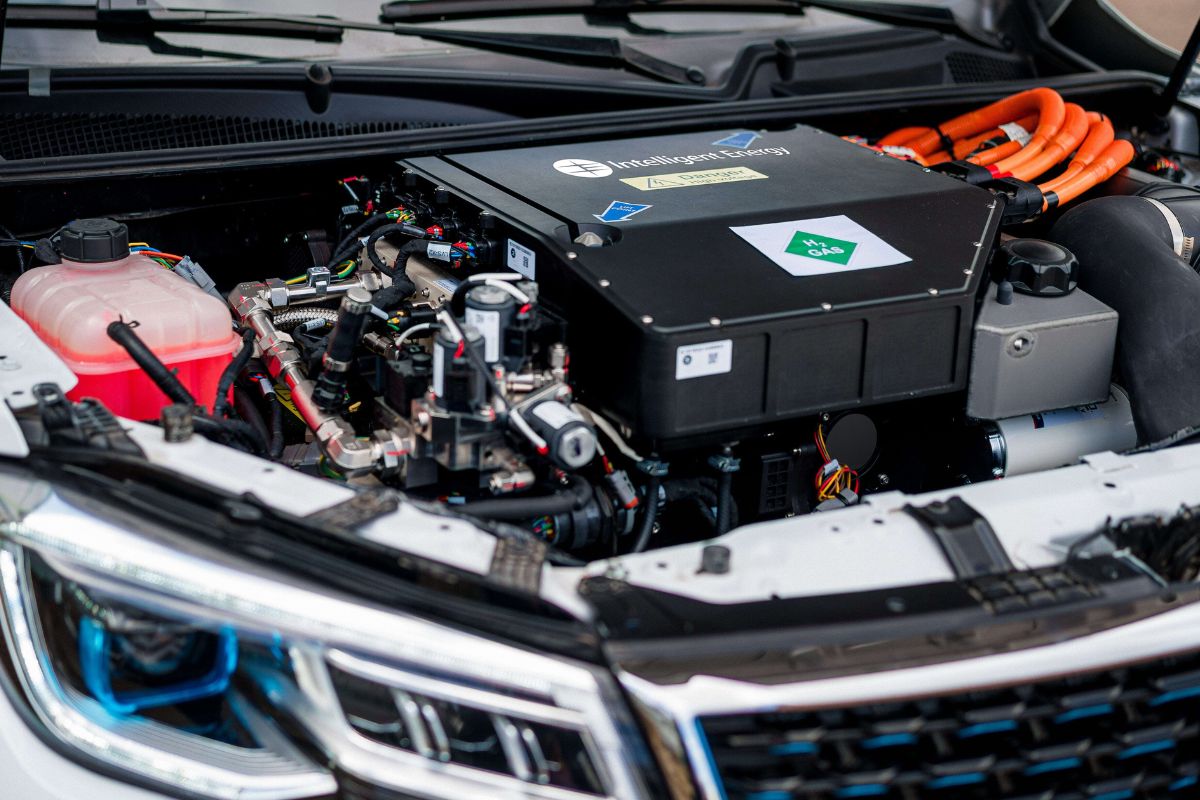Government publishes world’s first ‘greenprint’ to decarbonise all modes of domestic transport by 2050
A new transport decarbonisation plan for cleaner air, healthier communities and tens of thousands of new green jobs has been announced by Transport Secretary Grant Shapps.

The plan is set to provide a world-leading ‘greenprint’ to cut emissions from seas, skies, rails and roads, by setting out a credible pathway for the whole transport sector to reach net zero by 2050.
Transport Secretary Grant Shapps commented on the announcement:
“Transport is not just how you get around. It is something that fundamentally shapes our towns, cities and countryside, our living standards and our health.
It can shape all those things for good or for bad. Decarbonisation is not just some technocratic process. It’s about how we make sure that transport shapes quality of life and the economy in ways that are good.
It’s not about stopping people doing things: it’s about doing the same things differently. We will still fly on holiday, but in more efficient aircraft, using sustainable fuel. We will still drive, but increasingly in zero emission cars.
The Transport decarbonisation plan is just the start – we will need continued efforts and collaboration to deliver its ambitious commitments, which will ultimately create sustainable economic growth through healthier communities as we build back greener.”
As part of this vision, the government has announced its intention to phase out the sale of new diesel and petrol heavy goods vehicles (HGVs) by 2040.
Combined with the 2035 phase out date for polluting cars and vans, this is set to represent a pledge to phase out all polluting road vehicles within the next two decades.
The consultation proposes a 2035 phase out date for vehicles weighing from 3.5 to 26 tonnes and 2040 for vehicles weighing more than 26 tonnes – or earlier if a faster transition seems feasible.
The Transport decarbonisation plan also sets out how the government is set to improve public transport and increase support for active travel to make them the natural first choice for all who can take them – creating a net zero rail network by 2050, ensuring net zero domestic aviation emissions by 2040 and leading the transition to green shipping.
The commitment comes as the government publishes a green paper setting out the regulatory framework requiring vehicle manufacturers to improve the fuel efficiency of new cars, vans and HGVs, enabling the country to meet the phase out dates while creating new jobs for the automotive sector and delivering certainty for drivers.
The aviation industry also has a vital role to play in tackling climate change and the government has launched the Jet Zero consultation, which commits the sector to a net zero emissions target by 2050 and sets out an action plan for how it can be achieved – ensuring everyone can continue to fly for holidays, visits to family and business without contributing to climate change.
The UK aviation industry is already leading the way in seeking to reduce emissions from flights. The consultation proposes an earlier target for UK domestic aviation to reach net zero by 2040, as well as for all airport operations in England to be zero emission by 2040.
Emma Gilthorpe, chief operating officer of Heathrow and Jet Zero Council chief executive officer, said:
“I welcome the leadership from government in committing to a target of net zero emissions from aviation by 2050 and recognising that the aviation industry is committed to delivering on this, too. We look forward to working with government to translate this ambition to action and deliver a future where people can continue to enjoy the benefits of air travel – without worrying about their impact on the environment.”
Greg Archer, UK director of the Europe-wide green transport campaign group Transport & Environment, said:
“This plan is a milestone in the shift to a more sustainable UK transport system. The decision to only use zero emission road vehicles – including trucks – by 2050 is world-leading and will significantly reduce Britain’s climate impact and improve the air we breathe. This complements the goal of net zero internal UK flights by 2040, although there is much more to do to tackle international aviation emissions.
To ensure the UK meets its climate targets, the government will need to convert its raft of new proposals into measures that rapidly change how people and goods move. More difficult decisions to reduce vehicle use and flying and reallocate spending towards green transport options will be needed, but this plan signifies a commendable and substantial shift in the right direction.”
The full Transport Decarbonisation Plan can be found on the Unlock Net Zero resources section.


